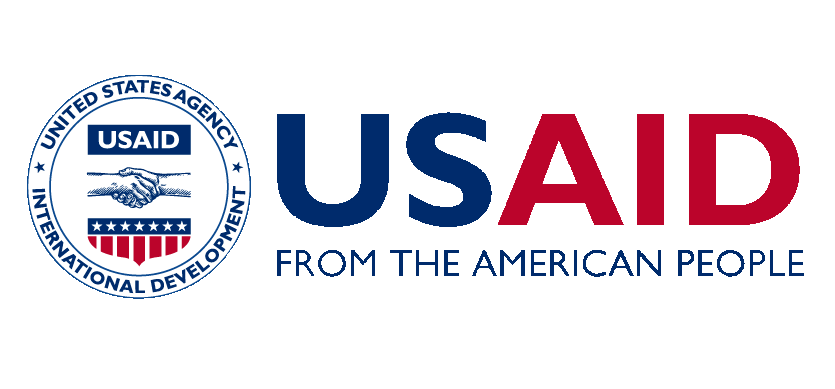Engendering Conservation Constituencies: Understanding the Links between Women’s Empowerment and Biodiversity Conservation Outcomes for PHE Programs – WWF-Nepal Case Study
This WWF-Nepal case study explores the impact of the PHE component of the WWF-Nepal Terai Arc Landscape (TAL) Project on women’s empowerment. The key research questions focus on 1) how PHE activities contribute to women’s empowerment and (2) how empowered women contribute to conservation outcomes. This case study piloted the WWF Women’s Economic, Social and Political Empowerment (WWESPE) Tool. The aim is to help conservation and/or other PHE project staff understand how their PHE (or conservation-only) projects contribute to women’s empowerment and the conservation outcomes and learn how to enhance these women’s empowerment impacts. The case study found that the TAL and TAL-PHE approach helped to advance women’s empowerment and their involvement in conservation in project communities. The report found that the extent and pattern of women’s economic, social and political empowerment varied within project communities, but the use of adult and youth peer educators and inclusion of a gender module in the peer educator trainings successfully contributed to women’s empowerment.
Year: 2010
Source: World Wildlife Fund





